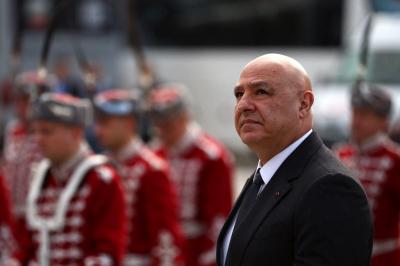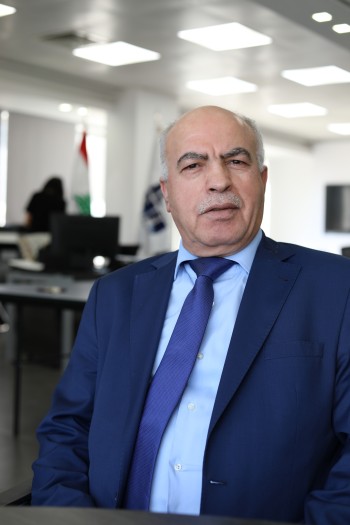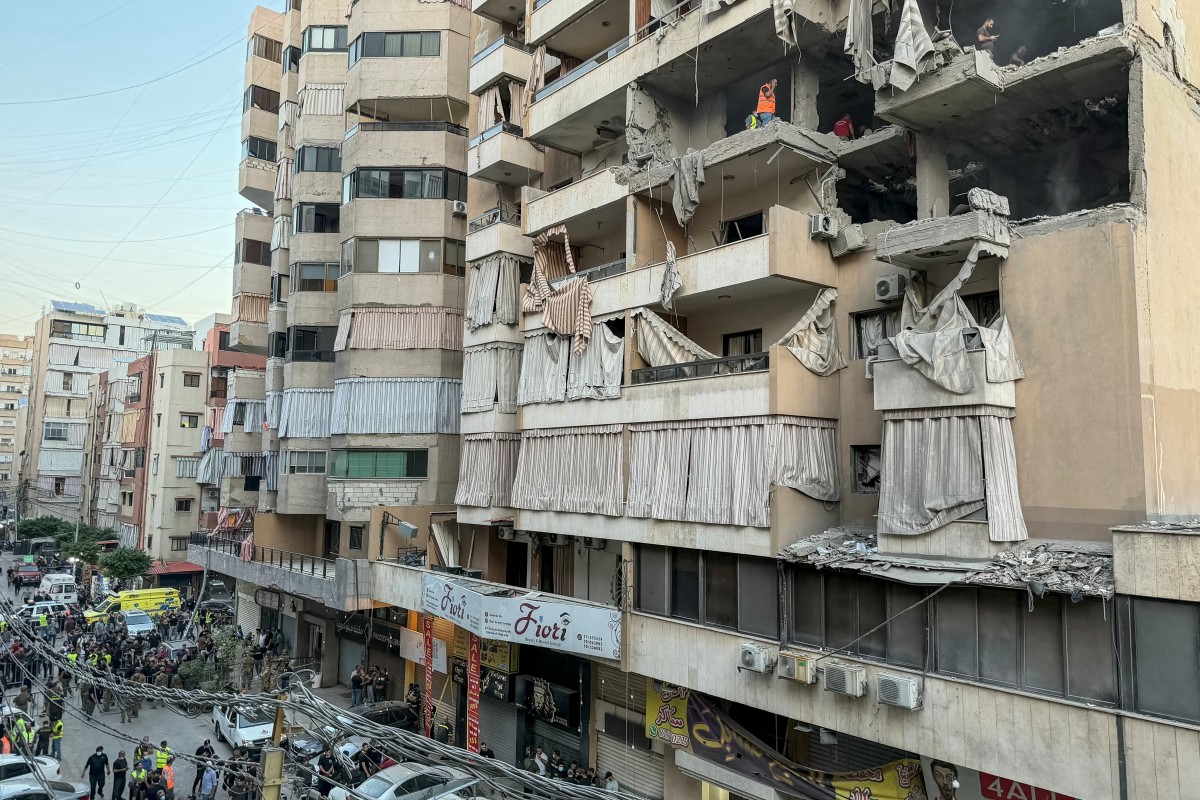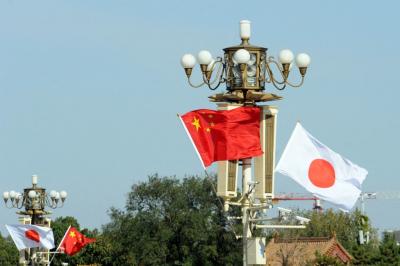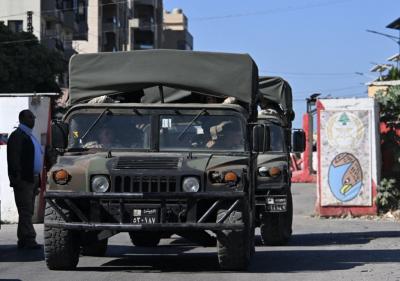There is no doubt that major diplomatic efforts are underway to secure a meeting at the White House between President General Joseph Aoun and U.S. President Donald Trump, who has said he intends to invite the Lebanese president to Washington.
The anticipated meeting between Aoun and Trump may come naturally and spontaneously, especially after Trump received Saudi Crown Prince Mohammed bin Salman and, before him, Syrian President Ahmad al-Sharaa, since the Lebanese file was present in both discussions.
Aoun had hoped to meet Trump last September on the sidelines of the UN General Assembly in New York to explain the reality of developments, noting that the misinformation reaching Washington from those he recently described as “sprayers of poison” distorts the truth and obstructs Lebanese peace efforts.
It appears that the solution initiative launched by Aoun in his Independence Day’s address from the South stirred stagnant diplomatic waters, even though Israel responded the following day with airstrikes that targeted areas south of the Litani and parts of the Bekaa.
President Aoun stated that Lebanon is living through “two contradictory impressions that stray from reality and contradict the essence of independence.”
He named no one, but everyone understood he was referring to the two opposing camps.
The first camp he described as “those suspicious of regional developments,” saying they hold the impression that “nothing has changed—neither here, nor around us, nor in Palestine, nor in Syria, nor in the world,” calling this “obstinacy or denial by which some convince themselves they can preserve the distortions in the concept of the state and its sovereignty that have persisted for 40 years.”
He argued that “this behavior contradicts reality and the Lebanese will before it contradicts regional and international conditions.”
The second camp, he said, believes the opposite: “that the recent upheaval wiped out an entire group in Lebanon, as though a whole sect has vanished or no longer exists in the nation’s political and constitutional equation.”
Aoun considered this “another form of denial, equally erroneous and dangerous.”
Addressing “those who refuse to acknowledge what has happened,” he said, “Times have changed, circumstances have shifted, Lebanon is exhausted by statelessness, the Lebanese have rejected mini-state projects, the world is growing weary of us, and we can no longer live in a state of institutional void.”
He then addressed the other camp: “It is neither true nor acceptable to act as if a Lebanese group has vanished or been defeated. They are Lebanese—our people, rooted in this land. They remain with us, and we remain with them. They sacrificed and shed blood. Now we must all, together with them and with all Lebanese, return to the fold of the nation.”
Amassing pretexts
A sober look at the recurring American and Israeli claims that “Hezbollah is rebuilding its military capabilities in preparation for new confrontations with Israel” reveals major exaggerations known to all, and denied by many, foremost Speaker Nabih Berri, who labeled them false.
But the purpose of repeating these exaggerations is to accumulate the largest possible stockpile of pretexts to persuade the world in preparation for launching a new war against Hezbollah to eliminate it militarily—an objective Washington and Tel Aviv have long pursued.
The last of the initiatives
Some say that the situation between Lebanon and Israel is heading toward a critical phase, further complicated by UNIFIL’s recent announcement that it will begin withdrawing units gradually due to funding shortages.
Others believe that disarming Hezbollah is the biggest internal challenge: the party rejects it, yet simultaneously signals readiness to negotiate disarmament in exchange for an Israeli withdrawal from occupied territories.
But the core of Aoun’s initiative is a practical and sustainable solution: completing the deployment of the Lebanese Army along the southern border, fully implementing the decision to confine weapons to the state, and entering internationally sponsored negotiations with Israel to reach a definitive end-of-war agreement.
The initiative links any subsequent steps to a unified Arab position, signaling that Lebanon will not move alone in any peace or normalization process.
In any case, Aoun’s initiative represents a historic opportunity but one fraught with risks, as its success depends on Lebanon’s ability to translate political will into concrete action on the ground, and on the international community’s willingness to pressure Israel to halt its violations and enter serious negotiations.
But Israel continues to refuse to enter negotiations or a settlement with Lebanon, reflecting the persistence of a state of war despite the ceasefire agreement.
As for the U.S. position, and considering Trump’s expressed readiness to receive the Lebanese president despite not having formally invited him yet, Washington seeks a lasting solution between Lebanon and Israel and views strengthening Lebanese state sovereignty as the pathway—yet it conditions this on the complete disarmament of Hezbollah, which it considers the essential and non-negotiable pillar of any U.S.-backed solution.
To achieve this, Washington employs multiple tools: diplomacy—such as hinting at a possible invitation to the Lebanese president—and pressure, including suspending military aid and issuing public criticism of Lebanese authorities and the army.
Please post your comments on:
[email protected]
 Politics
Politics




